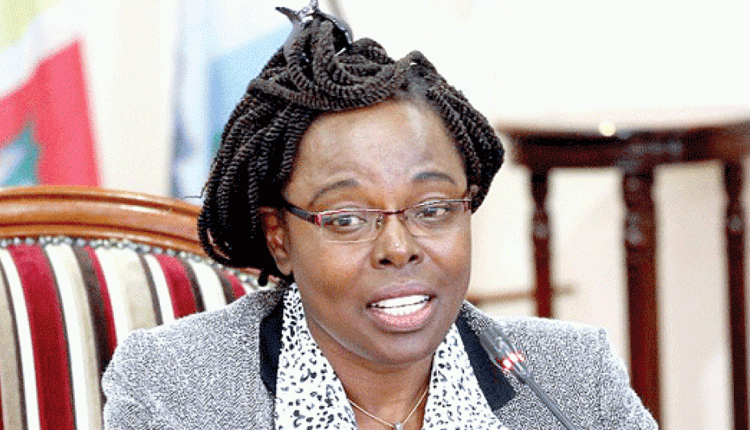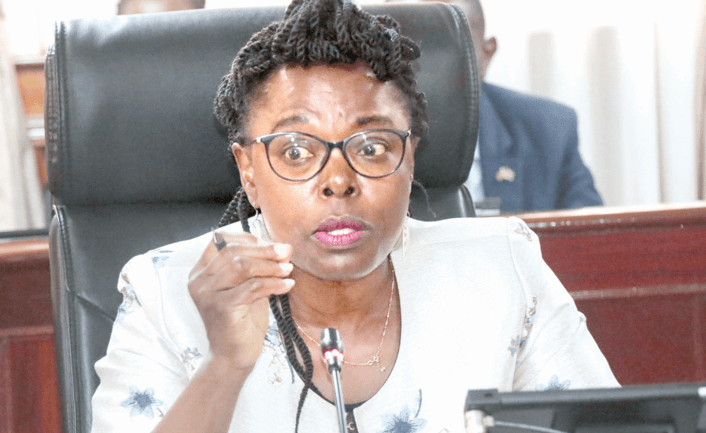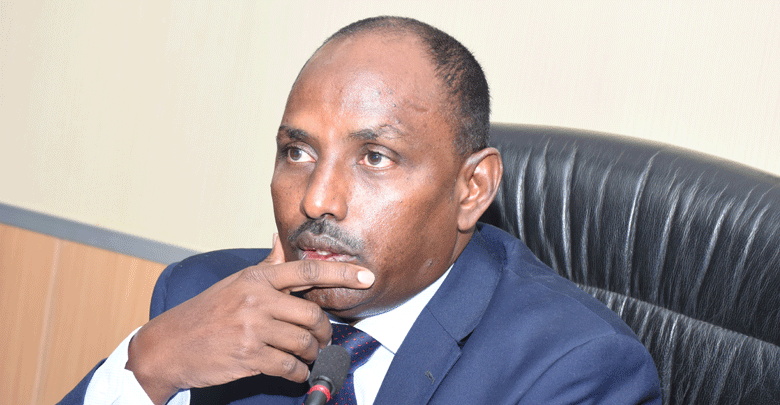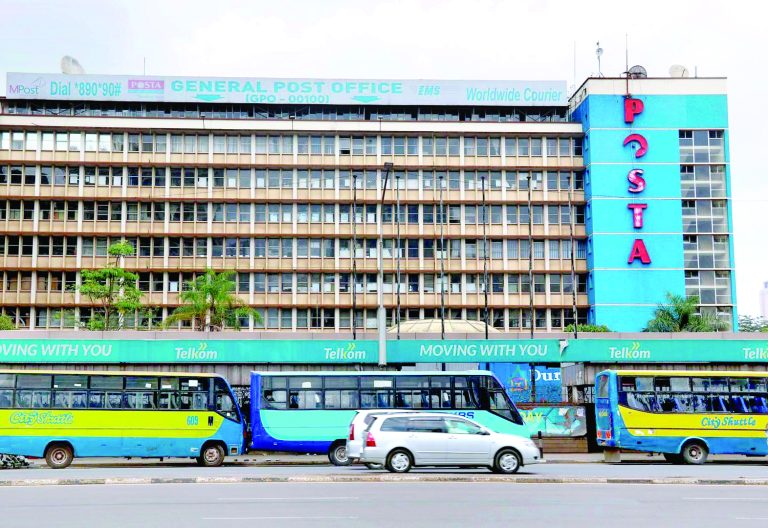Budget boss raises red flag over Sh468b pending bills

The controller of budget (CoB) has raised a red flag over pending bills amounting to Sh467.7 billion that are yet to be cleared even as the country enters into the tricky general election period.
Margaret Nyakang’o said in a new report that the accumulation of pending bills by the government ministries, departments and agencies (MDAs) and State corporations is affecting the overall liquidity in the economy, especially the private sector and stymieing overall economic growth.
“These comprise Sh414. 2 billion (88.6 per cent) and Sh53. 5 billion (11.4 per cent) for the state corporations and ministries, state departments and other government entities respectively,” he said.
The State Corporations (SC) pending bills include payment to contractors, suppliers, unremitted statutory, and pension arrears for Local Authorities Pension Trust. Nyakang’o recommended that all MDAs and State Corporations ensure they prioritise settling eligible pending bills to comply with the law and avoid further accumulation in order to enhance liquidity and growth of the economy.
The recommendations are contained in the latest National Government Budget Implementation review report for the first half of the financial year 2021/22.
“All MDAs should ensure that pending bills settlement is prioritised on a First-In-First-Out basis to promote equity and transparency in payment and avoid further accumulation of pending bills, enhancing liquidity and increased economic activity in the country,” she said.
Leading the list of main defaulters is the National Youth Service which had not paid pending bills worth Sh15.7 billion, followed by the State Department of Crop Development and Agriculture at Sh10.8 billion. In the period under review, the State Department of Transport had not paid suppliers Sh6.1 billion, while the Nairobi Metropolitan Services under the executive office of the president was in arrears of Sh4.2 billion.
With a looming general election due on August 9, analysts are warning that the issue of pending bills can easily be turned into a gravy train through fictitious projects in addition to delaying supplier payments. Albert Onyango, who lectures finance at the United States International University-Africa said authorities preferred the bills to be settled by the incoming government to forestall syphoning of money into private pockets.
“They should not be in a hurry to pay the pending bills. Let payment be left to the incoming government otherwise, it will be a big scandal,” Onyango said, while Churchill Ogutu, a senior research analyst at the IC Group was concerned, especially for suppliers and contractors who he said will be “pushed back from engaging with the government” because of non-payment of their deliveries.















